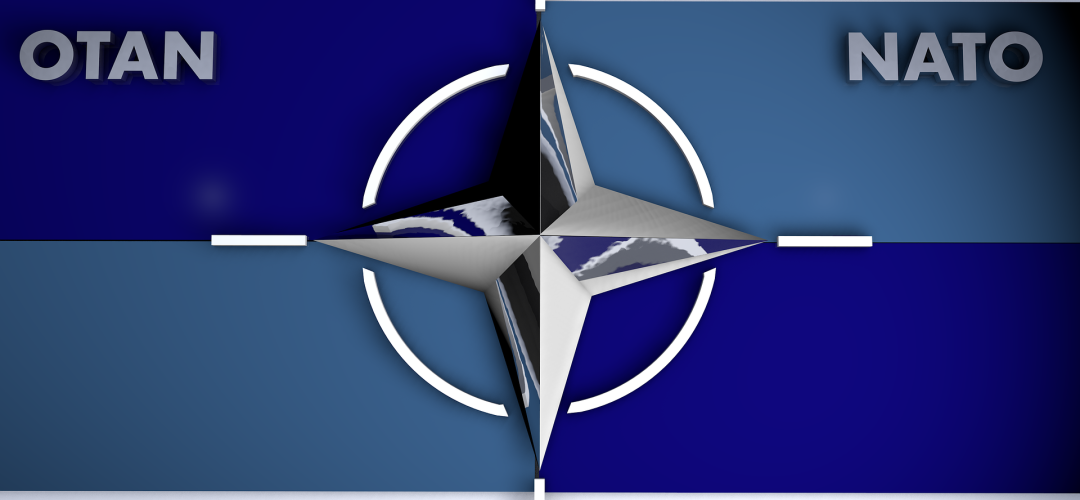
Political Reactions in Georgia to the NATO Summit in Washington

On July 11, following the NATO Washington Summit Declaration, a shift in NATO's stance on Georgia's membership path emerged, marking a significant deviation from the 2008 Bucharest Summit decision. The Declaration did not include the previous commitment that "Georgia will become a member of the Alliance, with the Membership Action Plan as an integral part of the process. This change has prompted mixed reactions from Georgian government officials and members of the opposition.
Irakli Chikovani, Deputy Prime Minister and Minister of Defense, emphasized that the declaration still acknowledges the occupation of Georgian territory by Russian forces and reaffirms NATO's open-door policy, suggesting that the absence of the specific Bucharest formula does not imply a change in Georgia's relationship with NATO.
Viktor Dolidze, Georgia's ambassador to NATO, pointed out that the declaration was a brief political statement rather than a detailed communiqué, suggesting that the omission of specific future plans for Georgia was not unusual but consistent with the document's abbreviated nature.
Shalva Papuashvili, Speaker of Parliament, highlighted Georgia's significant contributions to NATO operations and its comparative democratic and institutional progress, arguing that these achievements should not be overshadowed by current political narratives.
Teona Akubardia, MP of the Reformist Group, described the omission as a serious setback orchestrated by the ruling party, marking a halt in progress towards NATO membership under the current government.
Tina Bokuchava, MP for the United National Movement, criticized the government for its anti-Western policies, which she said led to the exclusion of Georgia's integration issues from the final documents of the NATO summit.
Giorgi Gakharia of "For Georgia" lamented that for the first time since 2008, the NATO summit did not mention Georgia in the context of membership, attributing this to the damaging policies of the ruling Georgian Dream party.
Nika Gvaramia of Ahali highlighted the government's actions against Western partnerships as detrimental, noting that these actions have left Georgia vulnerable to Russian aggression.
Zurab Japaridze of "Girchi - More Freedom" interpreted the omission as a clear political message from Western partners, reflecting disapproval of the Georgian government's anti-Western rhetoric and Russian-style legislation.
Ana Natsvlishvili, a Georgian MP from "Lelo", accused the government of pandering to Kremlin interests, which she said had stalled Georgia's integration into NATO.
The contrasting views reflect a deep political divide in Georgia, with the government defending its track record and strategic alignment with NATO, while the opposition vehemently criticizes the current government for jeopardizing Georgia's Euro-Atlantic future.
See Also


Armenia Records 5.9% GDP Growth in 2024, Missing 7% Goal

Yerevan Balances Strategic Ties with Both US and Russia, Says Foreign Minister

FM Mirzoyan: Peace Deal with Azerbaijan Is Within Reach

Pashinyan and Erdogan Hold Call, Reaffirm Commitment to Ongoing Dialogue

